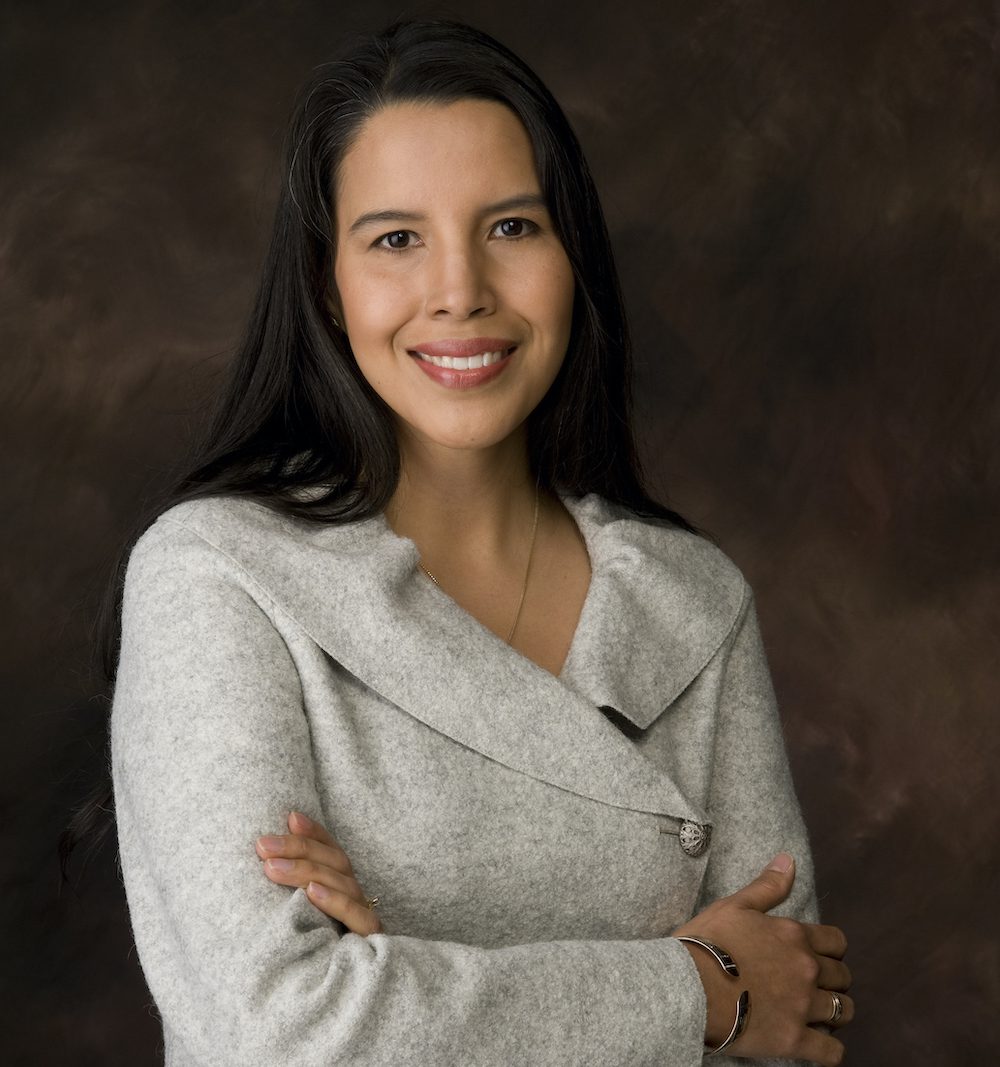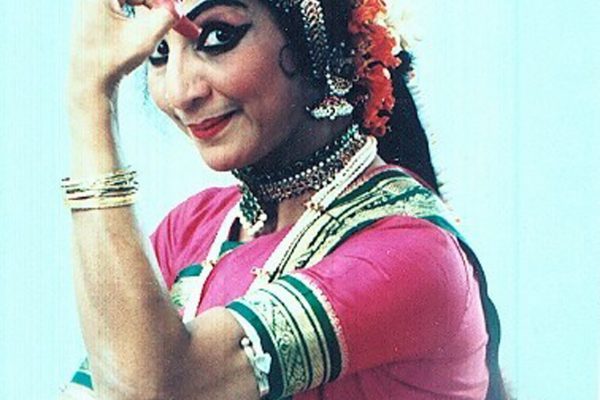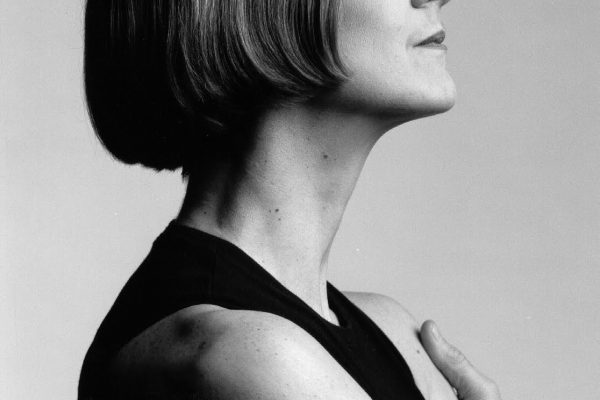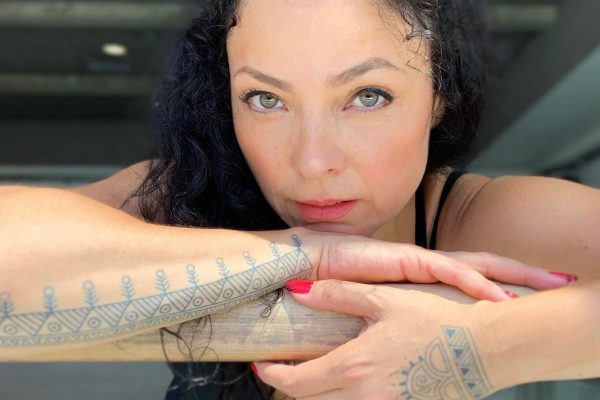For the first time since it was established in 2001, the Walter Carsen Prize for Excellence in the Performing Arts has been awarded to an Indigenous artist: Margaret Grenier, the executive and artistic director of Dancers of Damelamid in British Columbia. She is also the first dance artist outside of Ontario and Quebec to win the $50,000 prize.
The Walter Carsen Prize administered by the Canada Council is awarded to a dance artist every two years. The prize recognizes artistic excellence and distinguished career achievement. Grenier is being recognized for her work in redefining contemporary Indigenous dance and for her impressive career thus far.
The award marks another milestone in the shift to better recognize and acknowledge Indigenous dance in Canada.
“The award also reflects a shift in our consciousness of what is an achievement in dance and how we’re responding to it,” Grenier said.
In early 2019, Grenier’s parents and Dancers of Damelahamid co-founders, Chief Kenneth Harris and Elder Margaret Harris, were inducted into the Dance Collection Danse Hall of Fame. In September of that year, Dancers of Damelahamid premiered Mînowin as part of the first season of the Indigenous Theatre at the National Arts Centre, performing it again the following month at the Festival Internacional Cervantino as part of the Canadian delegation in Guanajuato, Mexico.
Despite these high-profile recognitions and appearances for the company, Grenier said she had never considered an award such as this a possibility. “It really has been quite a transformation that our company has experienced over the last five years or so in terms of where we are starting to tour,” said Grenier. She said she has also noticed a broadening in how contemporary dance is defined in Canada in recent years.
As a recipient of this prize, Grenier joins a list of dance icons including Marie Chouinard, Peggy Baker and Veronica Tennant. The Canada Council has awarded prizes to several Indigenous artists over the years, but this is the most significant in terms of the award’s value and its recognition of overall career achievement.
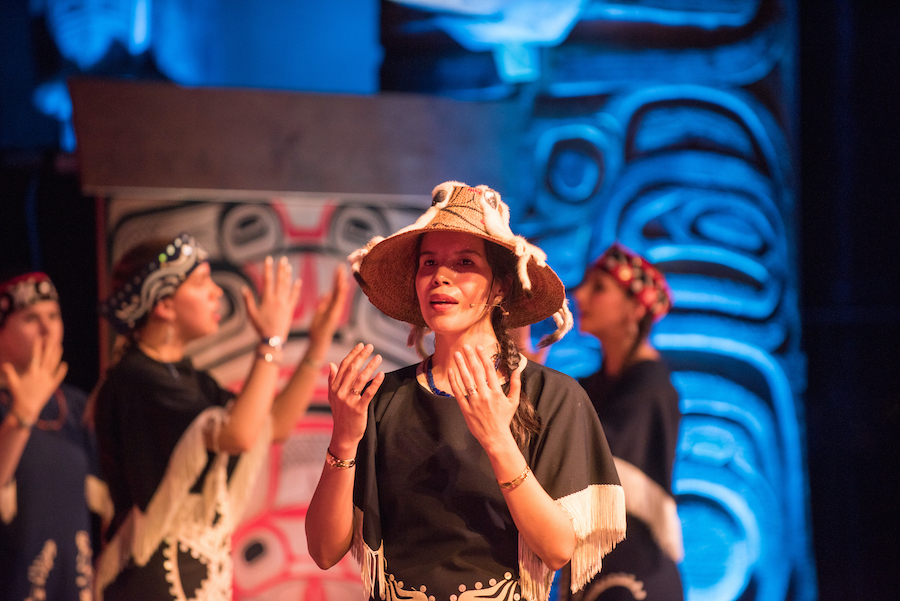
Caroline Lussier, director of the Explore and Create program at the Canada Council, said that Grenier’s win will encourage diversity in future prize nominations and further recognize Indigenous dance practices. The prize committee comprised three dance experts of diverse backgrounds, including Indigenous representation — a requirement whenever a prize has Indigenous nominations. The names of the committee members will be released in January.
Lussier has also noticed a change over the past several years in the amount of recognition of Indigenous dance in Canada.
“We absolutely can see a shift in the grants that we give out and in the programming of different presenters,” she said. “It’s a slow beginning, and there’s so much learning to do. Margaret has been part of that journey in helping presenters become aware of the Indigenous dance landscape and how to protect it.”
Grenier said she sees more opportunities continuing to open up for her company, but this is only the beginning.
“We’re just beginning to move in a direction of understanding that there’s more diversity in Indigenous dance coming from other forms and other practices that are based in what we in this country have previously defined as contemporary dance,” said Grenier. “There’s such a richness there, and I hope it continues to unfold into a community of dance that is more inclusive and also lays the groundwork for our younger artists so that they have more opportunities in front of them, and they see possibilities that we just couldn’t even conceive.”
Tagged: Indigenous, Uncategorized, BC
